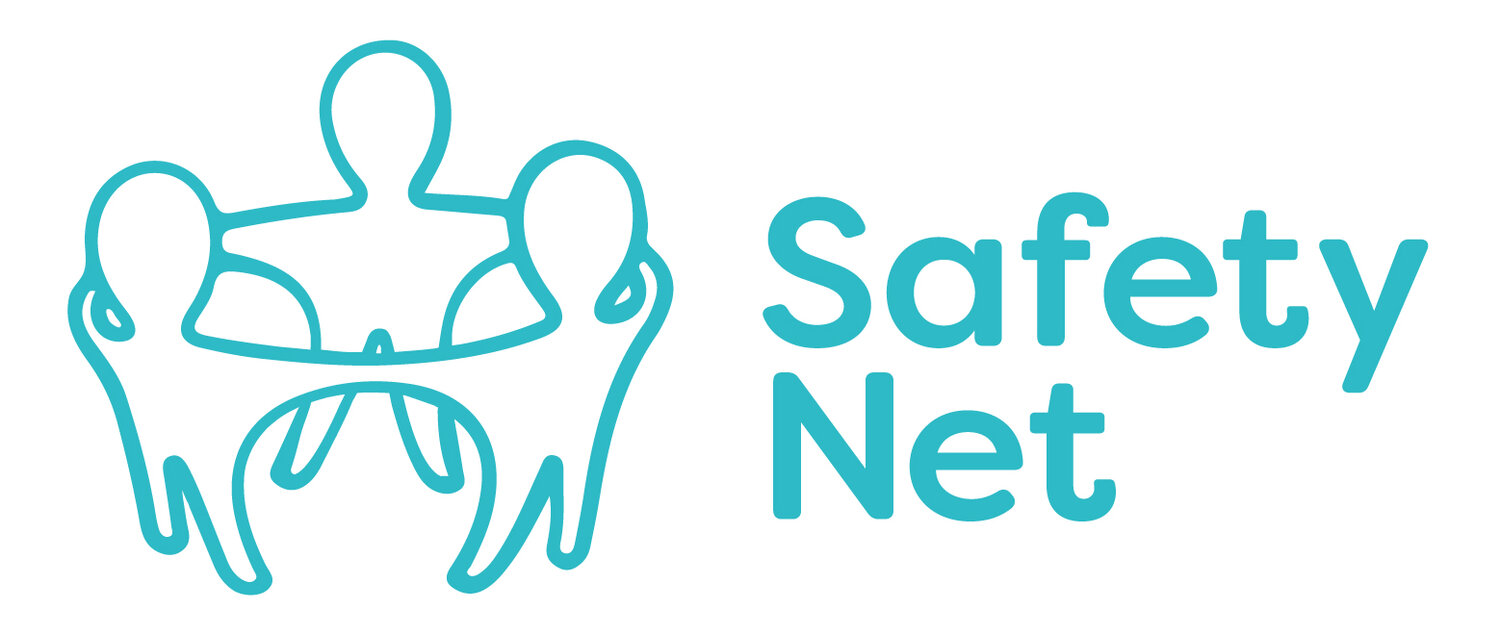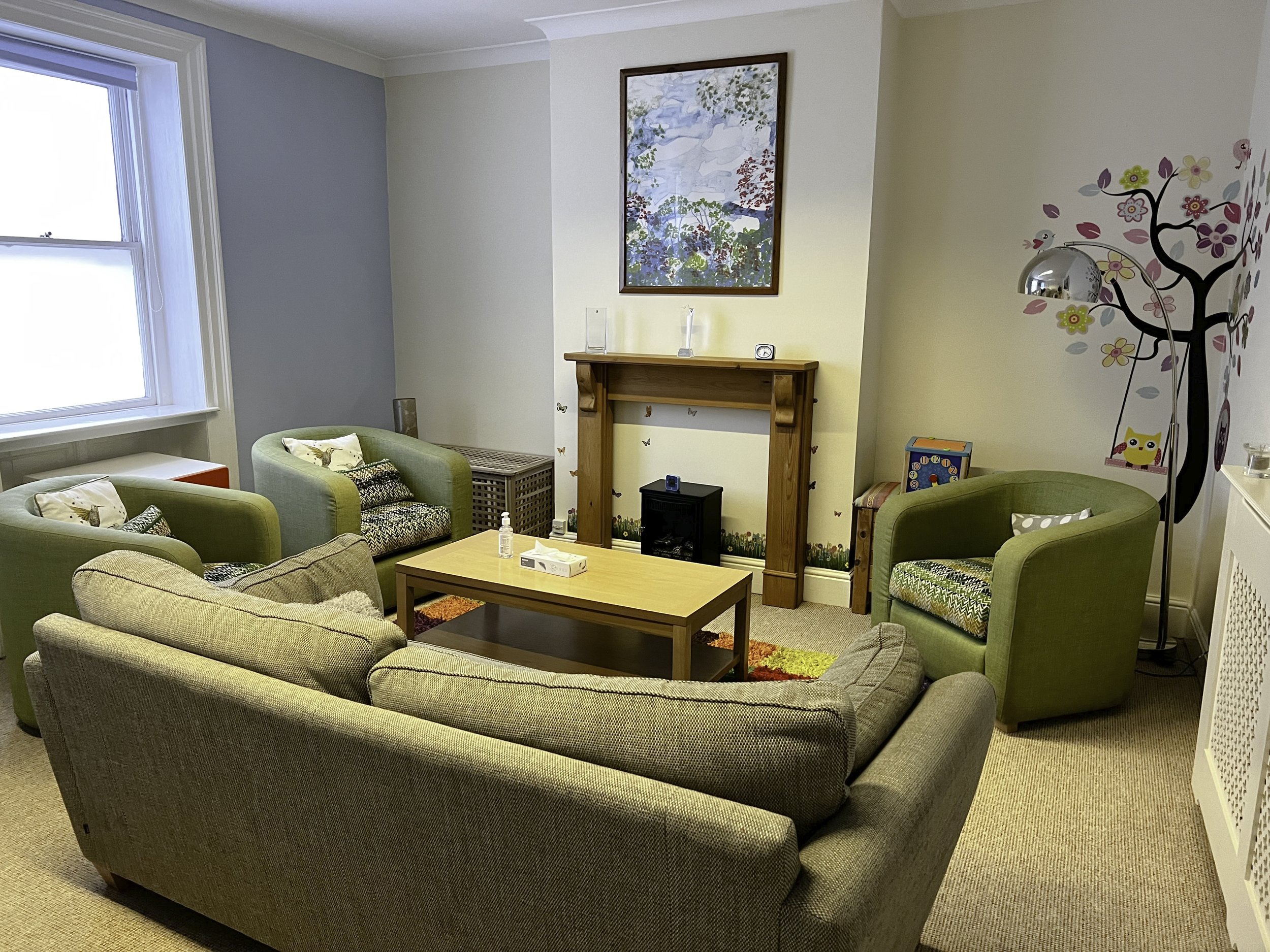Our approach
What to expect
We recognise that it takes great courage and strength to reach out for help. Services for children and young people follow a similar format, often working alongside carers, and adapted to meet their individual needs.
We offer telephone, video, face to face and email therapy and support. If you have previously been referred into Safety Net but not been eligible for our service, or support has ended due to non-engagement, we ask that you wait 3 months until referring back in. This gives you space, and as we are a recovery service, we have found that after three months people are usually ready to get the most out of recovery support. We understand this may be frustrating, but your health and wellbeing is very important to us. You can also look around our website where we have others sources of help.
We offer support to adults, children and young people, and family members. This includes people in the LGBT+, BAME and neurodivergent communities - our therapeutic support is always mindful of how identity and differences interact with our experiences.
We are always open to receiving feedback. We hope you are delighted with our service, but if for any reason you need to make a complaint, our Complaints Policy will show you the process you need to go through.
About our trauma-informed approach
Our staff are trained to understand how trauma from abuse can affect our body and brain. This sort of trauma can be life-changing, it leaves some clients feeling unable to cope and move on. Our therapy aims to improve your wellbeing and quality of life, and it’s offered in a way that is safe and at a pace that suits you.
When we first meet you, we spend time with you to understand the struggles you’re facing and how your life has been impacted. We then work with you so you have a better understanding of the impact of abuse and trauma on your mind and body.
We work with you to build your own tools and techniques to help you manage your thoughts and emotions, so you feel less overwhelmed. Therapeutic work can then begin, meeting with you regularly, working on the issues that are important to you.
When people come for therapy or counselling, they often believe they must remember and re-tell abusive incidents in detail. This is not our approach at Safety Net. For some people 'remembering' is not recovering - we will never encourage you to talk about your traumatic experiences unless you feel this is something you need or want to do.
The comfortable family and therapy rooms at Safety Net
About our specialist,
pre-trial therapy
If you face going to court, we may offer you specialist pre-trial therapy. Our therapists are aware of and bound by the restrictions of the Crown Prosecution Service, and during these sessions, they won’t discuss anything with you - for example, the court case, the offence or the perpetrator - that could jeopardise the case through evidence contamination. Instead, they can offer you support with the symptoms and issues you face, working in the here and now. Read more about pre-trail therapy here.
How our tiered services work
Following assessment, clients are offered support based on the following tiers, depending on their needs:
Tier 1: Immediate information, advice, and advocacy
Providing advice around court procedures, pre-trial advice and support, linking you in with and liaising with other agencies and services, as well as advice and support to professionals and family members (up to 3 sessions).
Tier 2: Short term, trauma-informed stabilisation work
As well as practical support with housing, benefits, court procedures and your health needs, our specialist practitioners can provide strategies to improve your safety and ability to cope. This can include mindfulness, relaxation, sleep and self-care techniques, as well as psycho-educational work on the impact trauma has on the brain and on the body (up to 12 sessions on average.)
Tier 3: Longer term counselling and therapeutic support
We have a team of specialist trained therapists and counsellors who work within a trauma-informed model. Our counsellors and therapists provide a safe, trusting, non-judgemental and confidential space where you can build a therapeutic relationship with your counsellor to explore how your trauma is impacting your life now. The duration of this support is adjusted according to need (max of 20-25 sessions on average).
Tier 4: Recovery community and relationship building
We work in partnership with other charities, groups, gyms and clubs to support integration back into the community, helping you to build social networks and relationships. We also have peer mentors and befrienders to support you when you have finished therapy or support at Safety Net. Our work in this area includes an arts and crafts group, and a specific men’s group, managed by volunteers, many of whom have been clients.
Get the help you deserve today
“I now have better coping mechanisms in place for dealing with PTSD, depression and anxiety. In every session I always felt like I was listened to, and that my feelings or past trauma were taken seriously.”
— adult client




